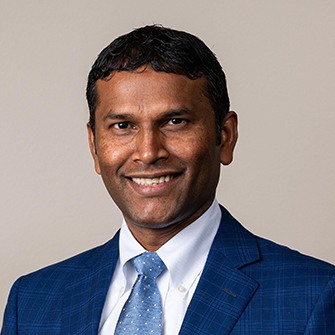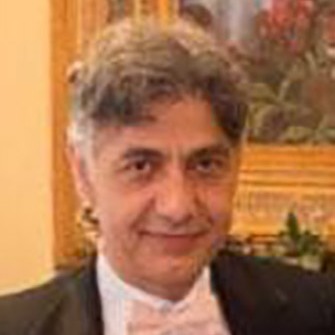Translational oncology serves as the vital link connecting laboratory discoveries with patient care. At the Legorreta Cancer Center, our goal is to translate foundational insights from cancer biology, genomics, immunology, and molecular pathology into innovative diagnostic tools, therapeutic options, and preventive strategies, ultimately improving outcomes for cancer patients. In this process, findings from preclinical or ‘bench’ studies help discover biomarkers, novel targets, and the development of new agents, as well as inform the design of innovative clinical trials. At the same time, observations from patients subsequently inform basic research, allowing for ongoing refinement. Translational oncology involves multidisciplinary collaboration, access to comprehensive biospecimen resources, the integration of computational and experimental methodologies, and close alignment with both clinical needs and regulatory pathways.
At the Legorreta Cancer Center, we have built an infrastructure to support this continuum of research and facilitate partnerships between our basic science researchers and clinical teams.

